On June 18, information from People's Hospital 115 (HCMC) said that doctors at this unit had just successfully saved the life of a female patient who had suffered two strokes within 48 hours.
Previously, the patient (57 years old) was admitted to a lower-level hospital with weakness in the right side of her body. Here, after the cause was determined to be left middle cerebral artery occlusion, she was given timely thrombolytic drugs, quickly recovered, and escaped the state of weakness.
However, the joy did not last long. Less than 24 hours after being transferred to People's Hospital 115 for monitoring, the patient suddenly had a stroke relapse with symptoms of weakness on the left side of the body.
The NIHSS score (which measures stroke severity) jumped from 0 to 13, indicating severe damage to the opposite hemisphere.

The woman suffered two consecutive strokes, causing severe brain damage. (Illustration: Unsplash).
Receiving the distress signal, the Cerebrovascular Disease Department immediately activated the in-hospital stroke alert procedure. The CT scan results showed that the right middle cerebral artery was blocked by a newly formed blood clot.
The patient was immediately transferred to the Neurovascular Intervention Unit for urgent endovascular intervention. After the intervention, the blood vessels were successfully recanalized. The patient recovered impressively, with muscle strength reaching 5/5 and signs of left hemiplegia completely disappearing.
After the intervention, the patient was treated with new generation anticoagulants (DOAC) to control atrial fibrillation - the main cause of recurrent stroke. Currently, her condition is stable, with no further events recorded.
This case illustrates the dangers of early recurrent strokes caused by atrial fibrillation, a common heart rhythm disorder that occurs when electrical impulses in the atria (the two upper chambers of the heart) are out of sync, causing the atria to quiver instead of contracting rhythmically.
People with atrial fibrillation may not have obvious symptoms. The condition can cause a very fast heartbeat (palpitations), difficulty breathing, feeling short of breath, dizziness, sweating, and chest pain.
Atrial fibrillation is not only uncomfortable but also has serious potential risks, especially stroke due to the formation of blood clots in the atria. This blood clot can travel to the brain, causing a blockage and leading to a stroke.
The disease often occurs in the elderly, those with chronic cardiovascular disease, those who have had open heart surgery, those with thyroid disease, diabetes, chronic lung disease, and those who abuse alcohol/stimulants.
Doctors at People's Hospital 115 recommend that atrial fibrillation needs to be screened and managed closely, especially in the elderly. Using anticoagulants under the guidance of a specialist is a key factor in preventing recurrent strokes.
Source: https://dantri.com.vn/suc-khoe/chay-dua-cuu-nguoi-phu-nu-bi-dot-quy-2-lan-trong-48-gio-20250618014755774.htm








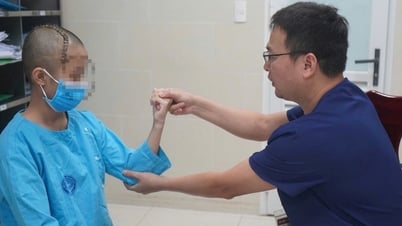


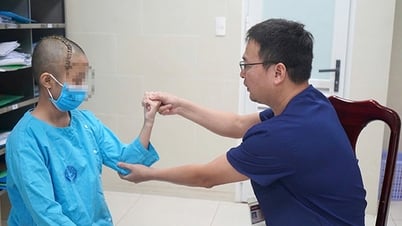



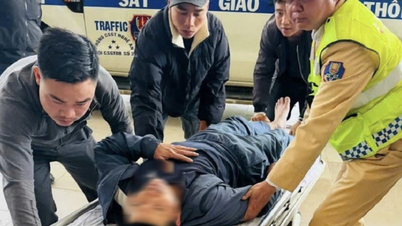

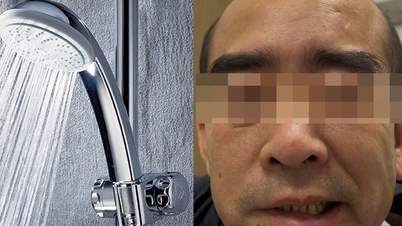








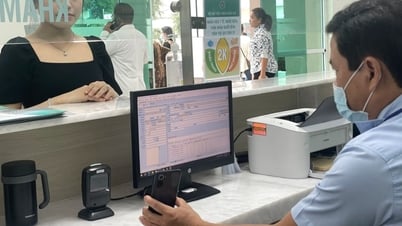
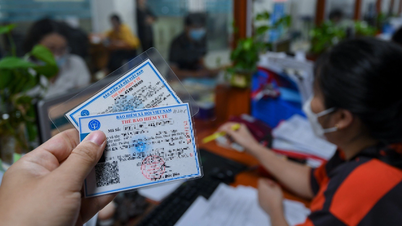





















































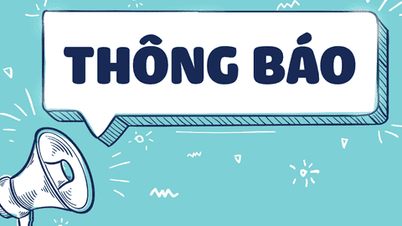

























Comment (0)